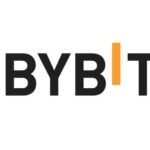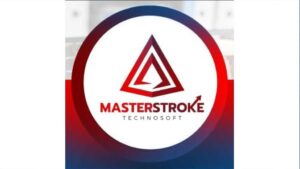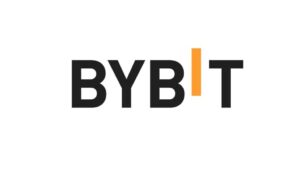As blockchain technology gains momentum, it presents tremendous opportunities for businesses and industries. However, to fully embrace its potential, a solid understanding of blockchain technology, its applications, and the factors driving its adoption is crucial. Potential users must have resources to understand blockchain, unravel its intricacies, and demystify its decentralized nature, cryptographic security, and transparent ledger.
The Middle East region’s rapid adoption of blockchain technology faces hurdles due to a lack of grasp of its concepts and a scarcity of real-world illustrations showcasing its potential applications. As a result, numerous entities remain in a state of careful observation, hesitant to fully embrace this transformative technology. The prevailing challenges are increased understanding, identifying relevant use cases, and establishing a comprehensive ecosystem to support blockchain initiatives. Overcoming these obstacles is vital for unlocking blockchain’s immense regional benefits.
Moving Beyond Hype: Exploring Real-Use Cases For Blockchain Technology
Blockchain has moved beyond the hype phase, bringing tangible applications to healthcare, telecoms, and other sectors. While cryptocurrencies have led the way, the quest for disruptive and profitable use cases continues. As an expanding digital chain of secure transactions, blockchain creates an efficient open ledger. It serves as a real-time archive, recording the financial transaction history. Industries, including insurance, are actively exploring blockchain’s potential for operational transformation. The Middle East region needs to uncover the practical implications and the slow but steady emergence of blockchain’s impact across various fields.
UAE’s Digital Transformation: Exploring The Early Use Of Blockchain Technology
With a solid digital foundation and significant investments in artificial intelligence, the UAE stands at the dawn of its blockchain journey. Embracing the wider adoption of blockchain will yield cost reduction, fraud prevention, and improved market dynamics. Consumers stand to benefit from lower prices as insurance norms are circumvented. However, regulatory changes are necessary, and market players are collaborating with the insurance authority to ensure a seamless transition to blockchain technology. Soo, the UAE’s transformation will be witnessed as it pioneers blockchain’s potential in the region.
The Growing Momentum Of Blockchain In The Middle East And Africa
Amidst the lingering uncertainty surrounding blockchain’s full potential, many individuals remain hesitant to be bold in embracing this transformative technology fully. Extensive consultations are vital to elucidate its capabilities to alleviate doubts. Interestingly, industries need not possess the technical expertise to implement blockchain; instead, fostering collaboration among all stakeholders on a unified platform is the key. According to the International Data Corporation (IDC), spending on blockchain in the Middle East and Africa soared which surpassed $80.8 million by the end of 2018. While the fintech sector has already harnessed blockchain’s power, its disruptive influence is poised to transcend into industrial domains. The region should be prepared for the imminent revolution as blockchain reshapes diverse industries, unlocking untapped potential and paving the way for a decentralized future.




























